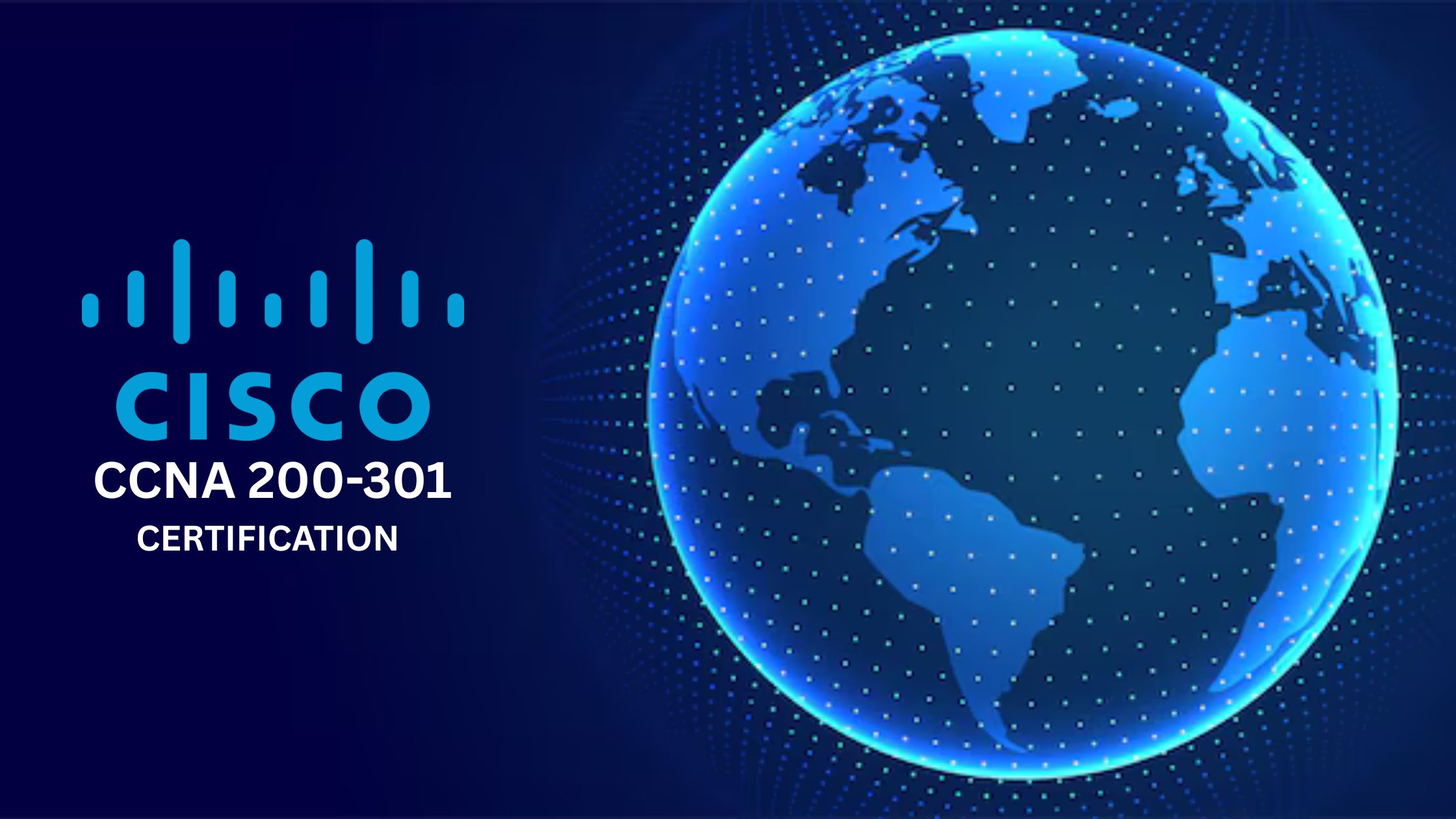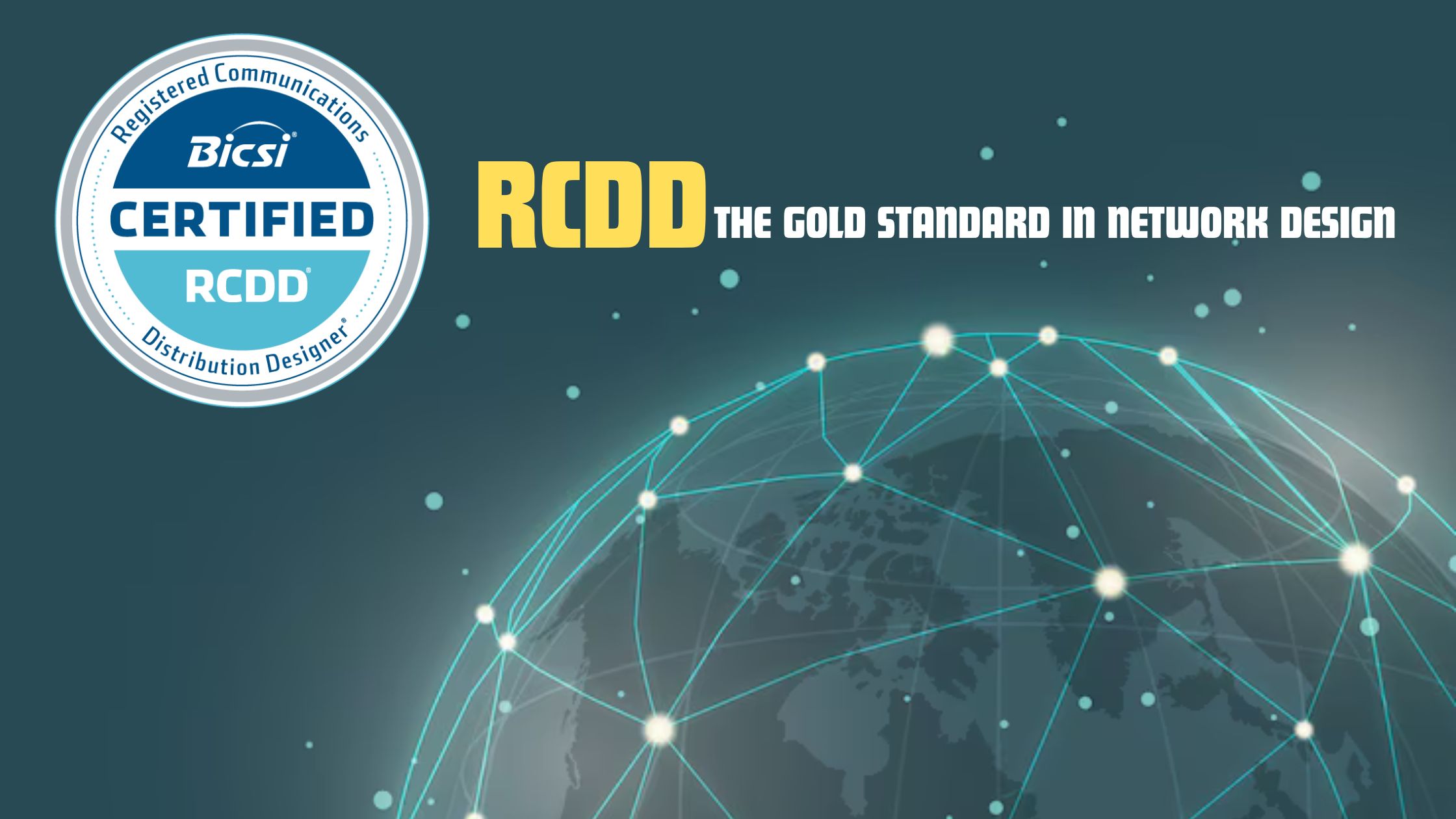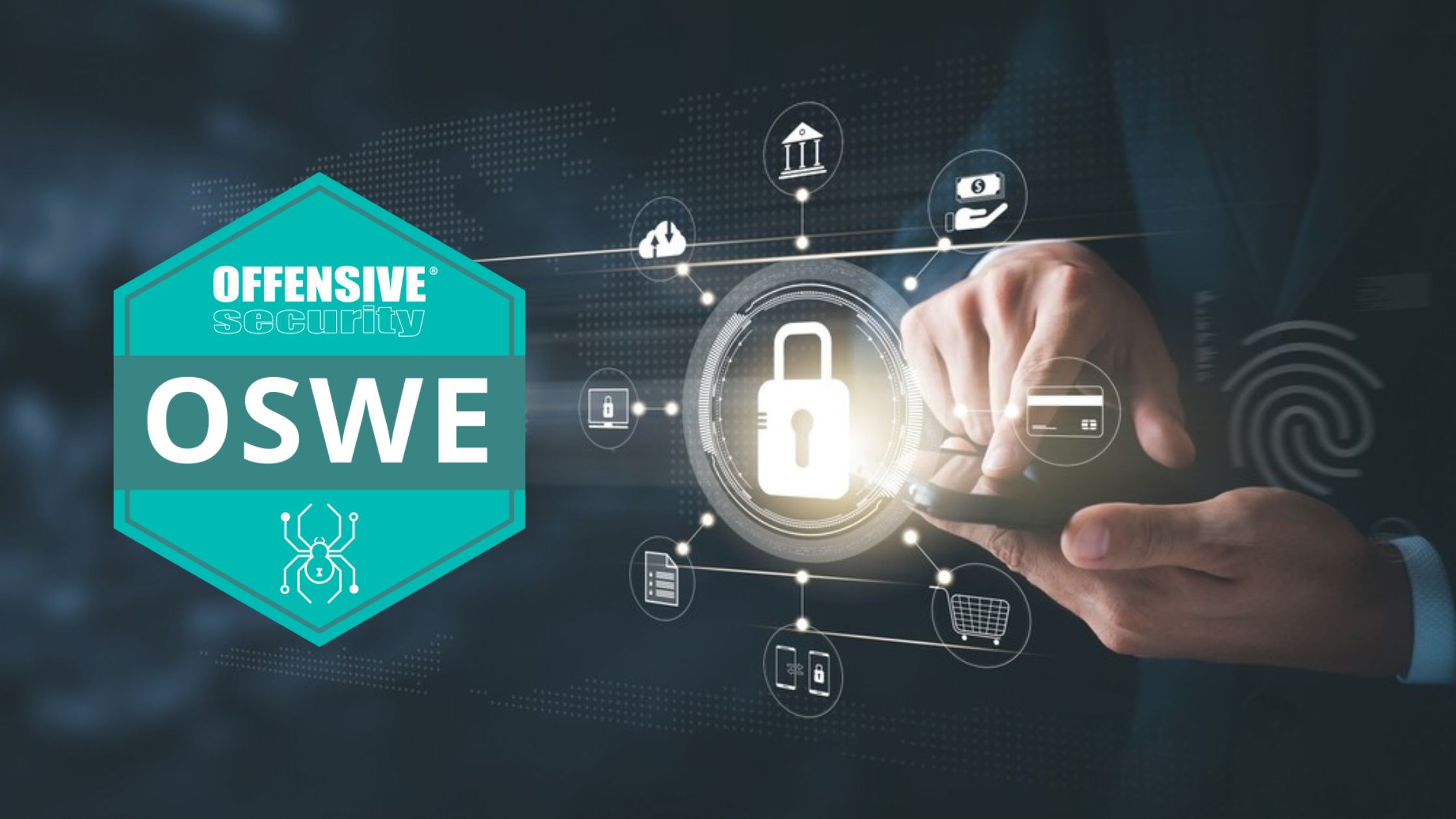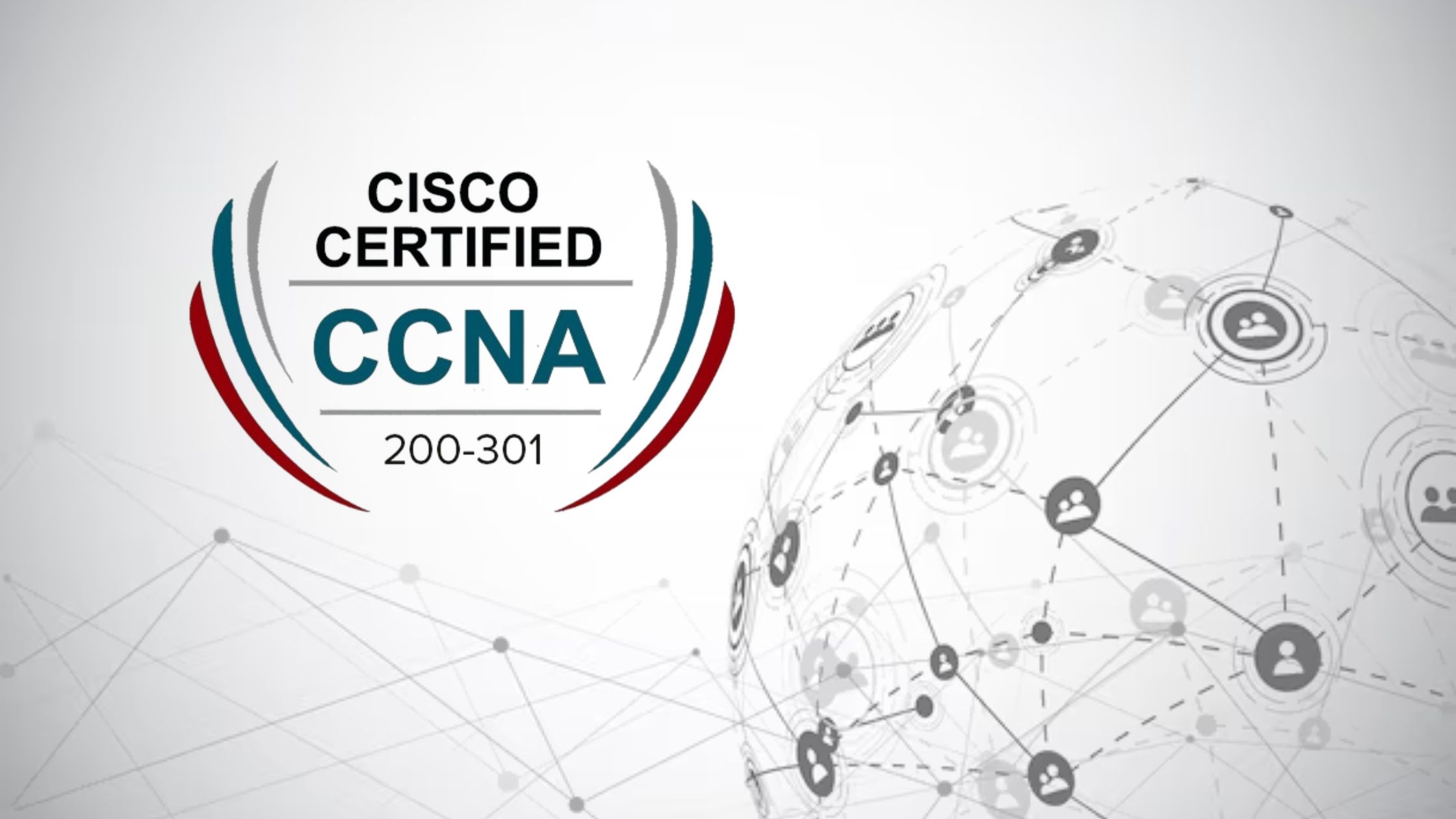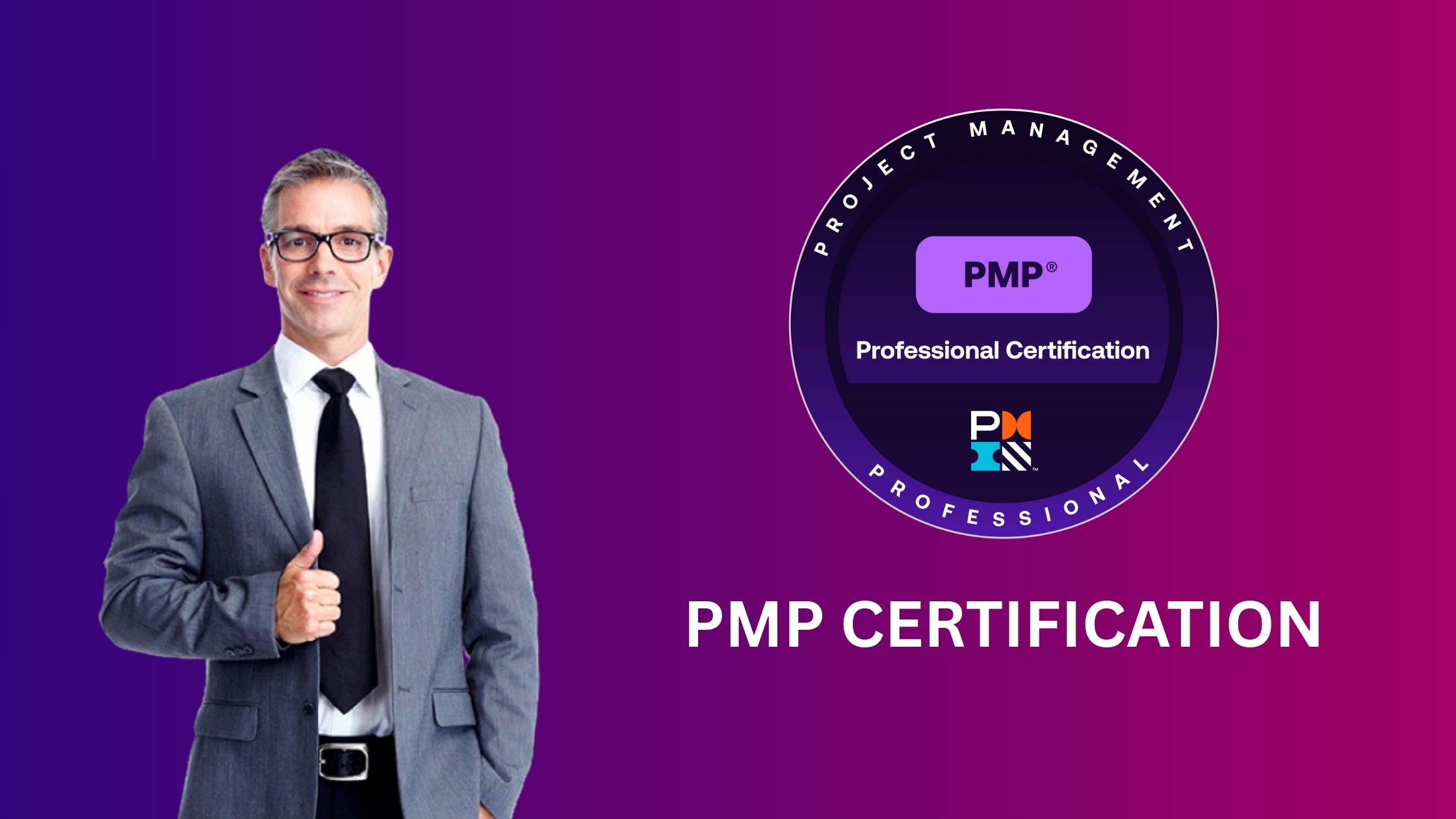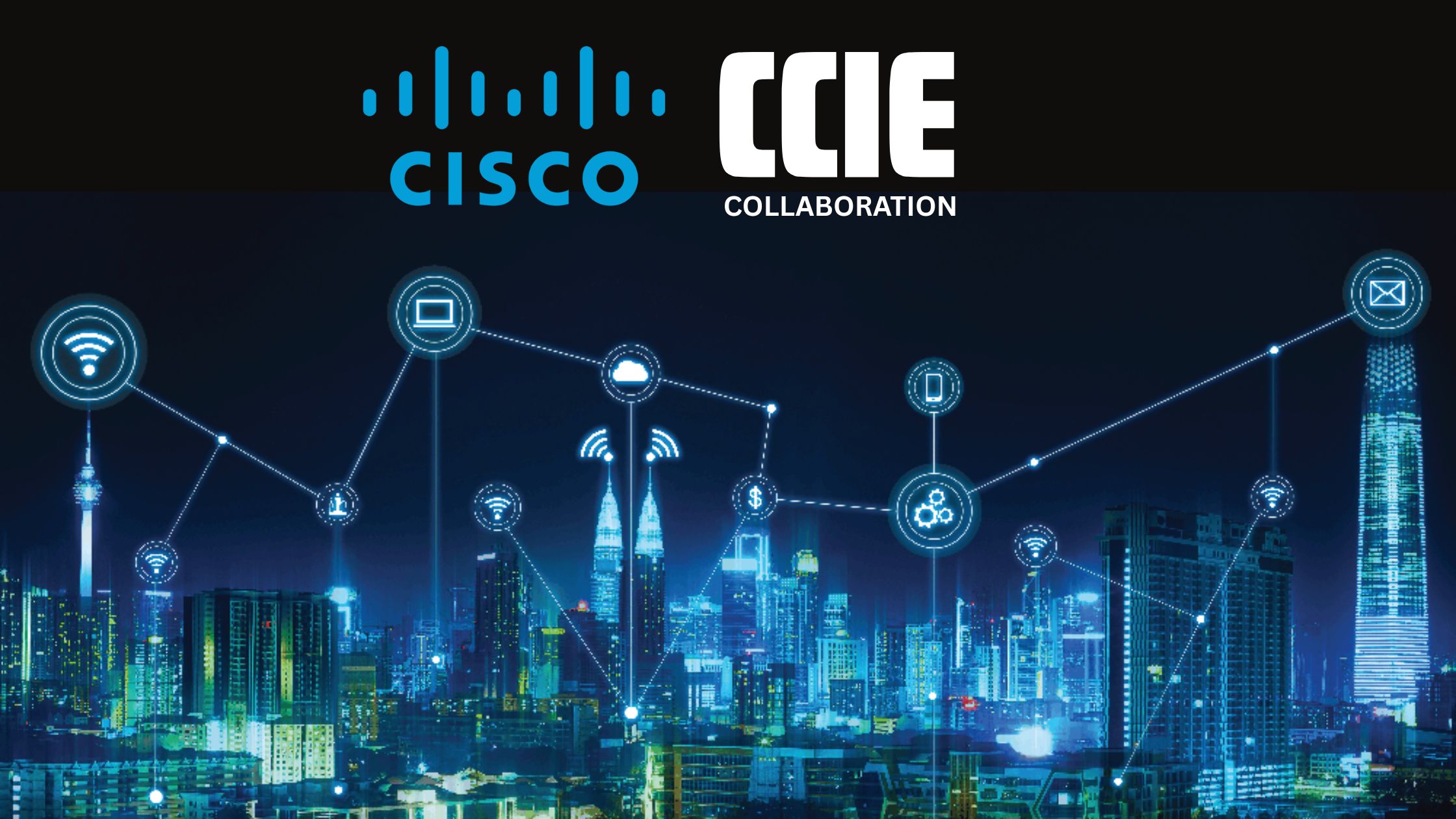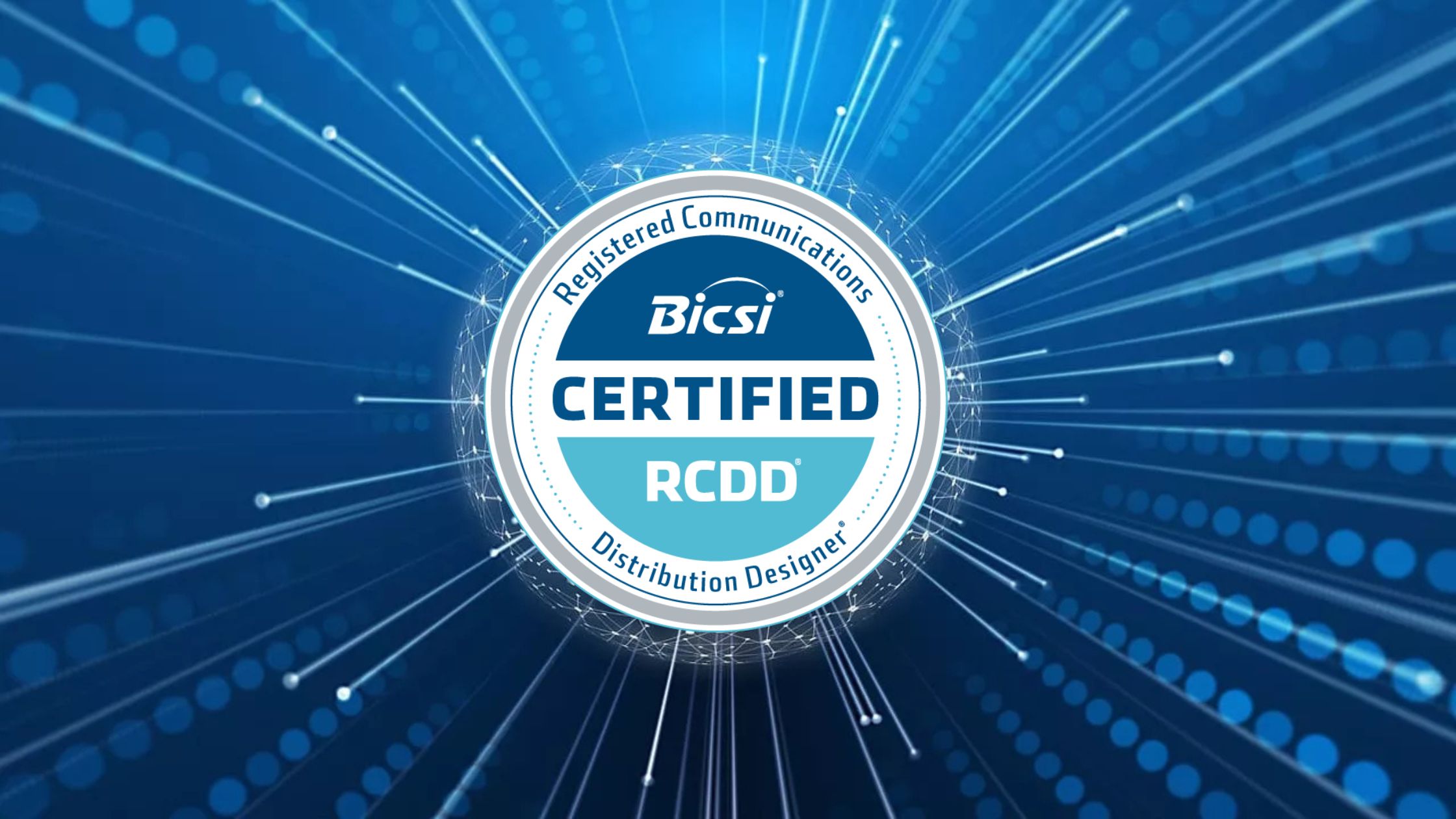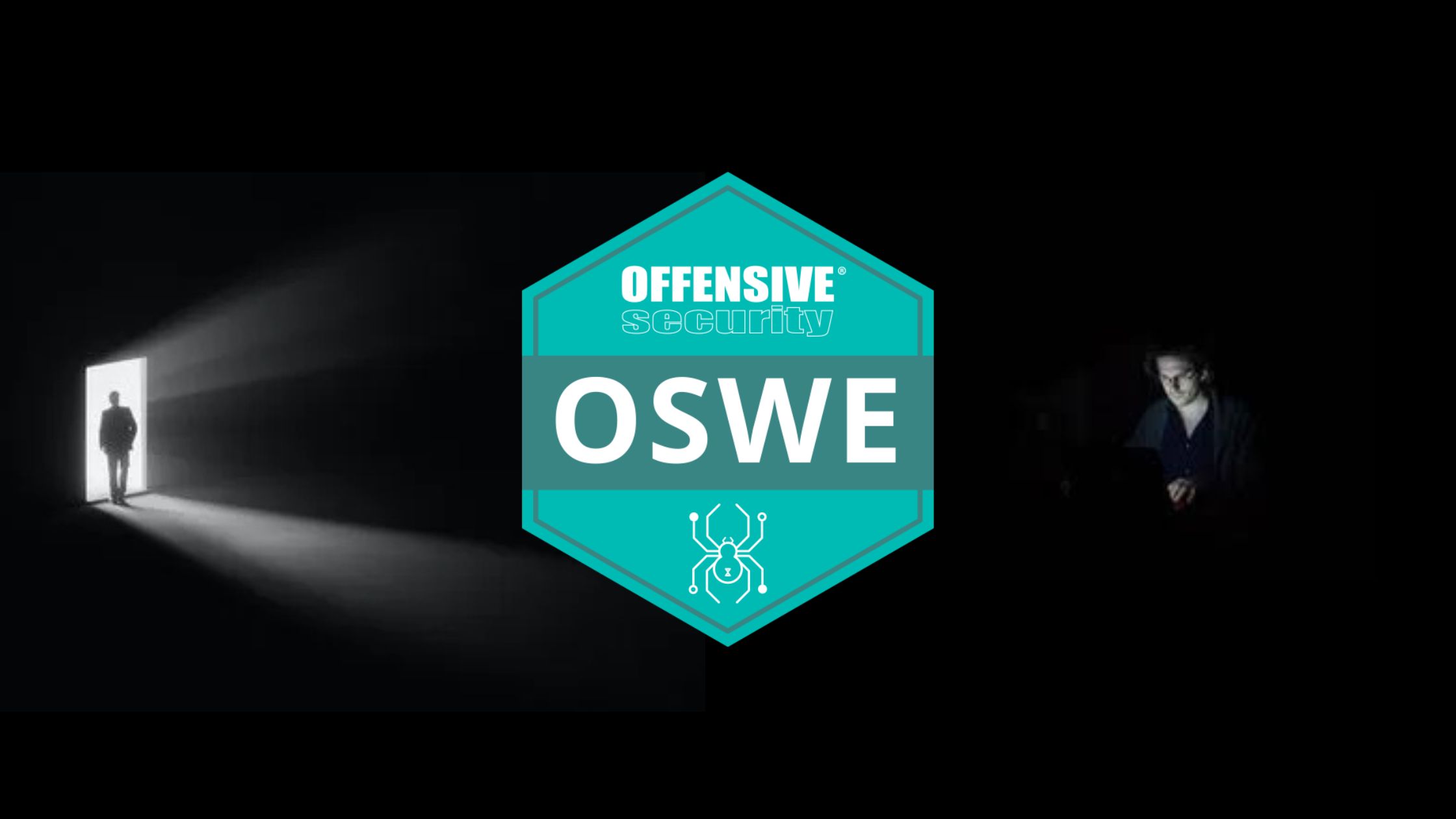ASIS CPP training, Certified Protection Professional, security management certification, CPP exam preparation, CPP course New York, ASIS certification, CPP training center, NYTCC CPP program, security professional certification, CPP exam domains.
The CPP Certification in New York has become a highly sought-after credential for professionals aiming to excel in the field of security management. Offered through ASIS International, the Certified Protection Professional (CPP) designation represents the global standard for security management excellence. It demonstrates a candidate’s expertise in security principles, business management, and best practices that safeguard people, property, and information. For those seeking to stand out in a competitive industry, earning a CPP certification in New York can open doors to rewarding career opportunities and professional growth.
What Is the CPP Certification?
The Certified Protection Professional (CPP) credential is awarded by ASIS International, a globally recognized authority in security education. It validates a professional’s advanced knowledge in security management and their ability to design, implement, and evaluate comprehensive security programs. The certification covers topics such as security principles, investigations, crisis management, and personnel protection, making it a comprehensive qualification for anyone in the field.Professionals pursuing the CPP Certification in New York gain the confidence and credibility to manage complex security operations across industries, including corporate, government, and private sectors.
Why Choose CPP Certification in New York?
New York City, known as the business and financial hub of the world, is also one of the most security-conscious environments. Organizations across the region rely heavily on qualified security professionals to protect assets and manage risk effectively. Enrolling in a CPP Certification program in New York gives candidates access to top-tier instructors, interactive learning experiences, and exposure to real-world security challenges unique to metropolitan environments.Some benefits of earning your CPP in New York include:
- Professional recognition: The CPP credential is acknowledged globally and demonstrates your commitment to the highest standards in security management.
- Career advancement: Certified professionals often enjoy higher salaries, leadership roles, and enhanced job security.
- Industry relevance: The certification covers the latest developments in risk management, cyber threats, and crisis response.
- Networking opportunities: New York offers extensive professional networks and ASIS chapter events where certified professionals can connect and grow.
CPP Certification Requirements
Before pursuing the CPP Certification in New York, candidates must meet specific eligibility criteria set by ASIS International:
- Education and Experience:
- A bachelor’s degree (or higher) with seven years of security experience, including at least three years in a responsible charge capacity.
- Alternatively, a high school diploma or equivalent with nine years of security experience, including three years in responsible charge.
- A bachelor’s degree (or higher) with seven years of security experience, including at least three years in a responsible charge capacity.
- Ethical Standards:
Candidates must sign and adhere to the ASIS Code of Conduct, ensuring the integrity and professionalism of all certified members. - Examination:
The CPP exam consists of 225 multiple-choice questions covering seven key domains of security knowledge. Passing this exam confirms a candidate’s readiness to lead and manage security programs effectively.
CPP Exam Domains
The CPP Certification exam covers seven comprehensive domains that form the foundation of modern security management:
- Security Principles and Practices – The foundation of risk assessment, security planning, and policy development.
- Business Principles and Practices – Understanding organizational structure, financial management, and leadership.
- Investigations – Conducting effective investigations while adhering to legal and ethical standards.
- Personnel Security – Managing background checks, insider threats, and workplace safety.
- Physical Security – Implementing access control, surveillance, and asset protection measures.
- Information Security – Safeguarding digital data and mitigating cybersecurity risks.
- Crisis Management – Preparing for and responding to emergencies and disasters efficiently.
Each domain is vital for professionals who want to build a comprehensive understanding of security management at a global standard.
How to Prepare for CPP Certification in New York
Preparation is the key to successfully passing the CPP exam. Candidates in New York have access to multiple resources and training options that can help them excel.
- ASIS-Approved Training Centers: Enroll in certified institutions such as NYTCC (New York Technical Career Center) that provide comprehensive CPP exam preparation.
- Study Groups and Workshops: Join local ASIS New York City Chapter sessions to discuss key concepts and share insights.
- Online Courses: Flexible e-learning options allow professionals to study at their own pace while balancing work commitments.
- CPP Practice Tests: Mock exams and flashcards can enhance retention and improve test-taking confidence.
Combining these resources ensures thorough preparation and helps candidates master all exam domains efficiently.
Career Opportunities After CPP Certification
Achieving a CPP Certification in New York unlocks a world of career opportunities. Certified professionals often find positions such as:
- Security Director or Manager
- Risk Management Consultant
- Corporate Security Advisor
- Loss Prevention Executive
- Crisis Management Specialist
Industries such as banking, healthcare, government, education, and retail all seek certified professionals who can safeguard assets and maintain operational continuity. The CPP credential not only enhances employability but also demonstrates a professional’s dedication to excellence and ethical conduct in the security field.
Salary Expectations for CPP-Certified Professionals
The CPP certification is known for increasing earning potential significantly. According to recent industry surveys, professionals holding the CPP credential earn an average of 15% to 25% more than non-certified peers. In New York, salaries for CPP-certified security professionals typically range between $90,000 and $150,000 annually, depending on experience and organization size.This salary advantage reflects the high level of trust and responsibility associated with the CPP designation. Employers recognize it as proof of an individual’s ability to manage risk and lead security teams effectively.
Maintaining Your CPP Certification
After earning the certification, professionals must recertify every three years to maintain active status. Recertification involves earning Continuing Professional Education (CPE) credits through training, conferences, publications, and professional contributions. This ensures that CPPs remain updated on evolving security challenges and industry innovations.
Why Choose NYTCC for CPP Certification in New York
The New York Technical Career Center (NYTCC) offers a structured and comprehensive CPP Certification training program designed to equip candidates with the knowledge and confidence to succeed. With experienced instructors, real-world case studies, and personalized support, NYTCC ensures participants are fully prepared for the CPP exam. Their curriculum aligns with ASIS standards, making it one of the most trusted choices for CPP training in New York.
Frequently Asked Questions (FAQs)
1. What is the CPP Certification?
The CPP (Certified Protection Professional) is a global credential offered by ASIS International that validates advanced expertise in security management.2. Who should pursue the CPP Certification in New York?
Security professionals, managers, consultants, and law enforcement personnel seeking to advance their careers and gain industry recognition.3. How long does it take to prepare for the CPP exam?
On average, candidates spend 3 to 6 months preparing, depending on their experience and study schedule.4. Where can I take CPP training in New York?
You can enroll in NYTCC’s CPP Certification course, which provides structured training, study materials, and exam preparation support.5. Is the CPP Certification worth it?
Absolutely. It enhances credibility, opens global career opportunities, and increases earning potential.6. How do I register for the CPP exam?
You can apply through the ASIS International website, submit documentation for eligibility, and schedule the exam at an approved testing center in New York.7. What are the renewal requirements?
CPPs must recertify every three years by earning 60 CPE credits through continued professional development.8. Can I take the CPP exam online?
Yes, ASIS offers both online proctored and in-person testing options for candidates in New York.
The CPP Certification in New York is more than just a qualification — it’s a gateway to leadership in the security industry. Whether you’re looking to advance your current career or transition into a new field, obtaining the CPP credential demonstrates your dedication, expertise, and commitment to professional excellence. Enroll in a trusted program like NYTCC’s CPP Certification course and take the next step toward becoming a recognized leader in security management.

